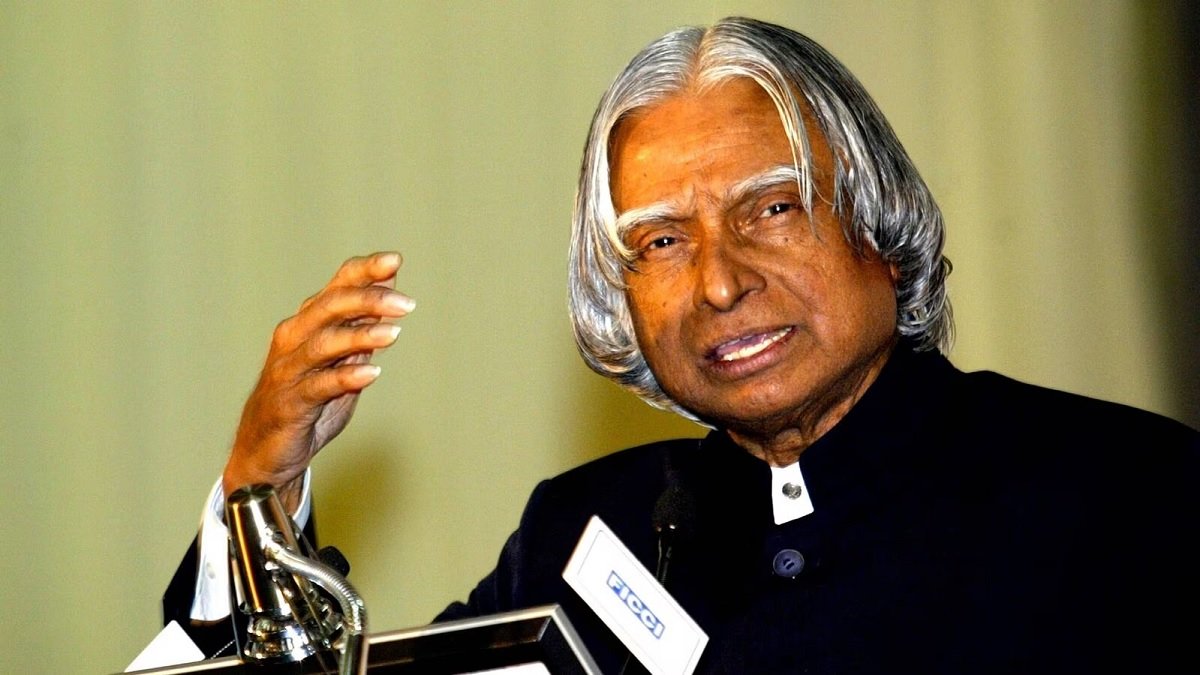Baha’i Teachings: Abdul Baha Goes to Skid Row
The Baha’i faith, with its rich tapestry of beliefs centered around unity, equality, and the transformative power of love, often encounters fascinating narratives that elucidate its principles. One such compelling episode in the history of Baha’i teachings is the visit of Abdul Baha to Skid Row in Los Angeles during his travels to America in the early 20th century. This event, seemingly straightforward in its execution, encapsulates profound philosophies that resonate deeply within the Baha’i paradigm.
Abdul Baha, the son of Baha’u’llah, the founder of the Baha’i faith, was not only a revered spiritual leader but also a proponent of social justice. His presence in Skid Row was emblematic of a broader Baha’i commitment to serve the marginalized and uplift the downtrodden. Skid Row, a district known for its high levels of homelessness and poverty, served as a poignant backdrop for Abdul Baha’s teachings on compassion and the oneness of humanity. This visit stands as an intersection of faith and social action, illustrating how spiritual tenets can inspire tangible changes in society.
Upon stepping onto Skid Row, Abdul Baha’s approach was one of empathy and understanding. It is crucial to note that his demeanor was not that of a distant observer. Instead, he engaged directly with the individuals residing there. He sought to dismantle the invisible barriers that often separate the prosperous from the impoverished. In doing so, he exemplified a foundational Baha’i teaching: the importance of seeing and acknowledging the inherent nobility of every individual, regardless of their socio-economic status. Abdul Baha’s actions were a direct reflection of the Baha’i view that every person carries within them the potential for greatness.
While many may view Abdul Baha’s visit merely as an act of charity, it is essential to recognize the philosophical implications underlying such an engagement. His presence was not just a gesture; it was a form of spiritual activism. Abdul Baha alluded to deeper societal structures that perpetuate poverty and inequality, indicating a need for systemic change rather than merely alleviating immediate suffering. By acknowledging the root causes of homelessness, he invited individuals to explore a more profound understanding of communal responsibility and solidarity.
This discourse raises significant questions regarding societal perceptions of homelessness. The prevalent narrative often vilifies those living on Skid Row, reducing them to mere statistics or stereotypes. However, Abdul Baha’s teachings urge society to reassess these perspectives. He emphasized the importance of recognizing the dignity of those deemed ‘less fortunate,’ advocating for a shift in attitude that values compassion over condemnation. In doing so, he revealed a key tenet of Baha’i belief: every soul is worthy of respect and love.
Moreover, Abdul Baha’s visit brought to light the relationship between spirituality and practical social engagement. In Baha’i thought, spirituality is not confined to the private sphere; it extends into the public realm, urging believers to enact justice and equity. This ethos aligns with the notion that spiritual teachings should manifest in the world, inspiring action that fosters community development and social transformation.
Witnesses of Abdul Baha’s interaction with the residents of Skid Row noted his joyful demeanor, a stark contrast to the prevailing despair of the area. This juxtaposition is not trivial; it serves as an illustration of the Baha’i principle that joy can be a conduit for healing. Abdul Baha’s laughter and charisma acted as a balm, offering hope and a sense of belonging to those often rendered invisible by society. His approach was not solely about addressing physical needs but also about rekindling a sense of hope and purpose in individuals.
Furthermore, Abdul Baha’s profound understanding of unity compels believers to act as ‘agents of change.’ His visit taught followers that active participation in their communities is essential for fostering the oneness of humanity. Each interaction on Skid Row became an opportunity to cultivate a spirit of collective responsibility; it emphasized the need for individuals to transcend personal boundaries and prioritize communal well-being. Herein lies a vital observation: the Baha’i teachings advocate for an integrative approach to social issues, combining spiritual nurturing with practical activism.
In the larger context of Abdul Baha’s mission, his actions on Skid Row serve to illustrate the necessity for Baha’is to engage deeply with social challenges. The narrative surrounding Abdul Baha’s visit is not merely historical; it demands present-day engagement from the Baha’i community. It compels believers to reflect upon their responsibilities toward society’s disadvantaged and to actively seek avenues for meaningful involvement.
Abdul Baha’s experience in Skid Row exemplifies a transformative paradigm — one that encourages individuals to embody the spirit of service as a manifestation of their faith. It reinforces the idea that true religious practice entails engagement with societal issues, guided by principles of love, compassion, and justice. In a world increasingly defined by division, the lesson from Abdul Baha’s visitation remains pertinent: Healing the world necessitates a commitment to unity and the upliftment of all humanity.
In conclusion, the episode of Abdul Baha’s visit to Skid Row adeptly encapsulates the heart of Baha’i teachings. His approach serves as an exemplary model for how spiritual leaders can address societal discrepancies while remaining rooted in the principles of love and justice. The narrative is a clarion call for ongoing reflection and action, urging individuals to recognize their role in cultivating a fairer, more compassionate society. As adherents of the Baha’i teachings continue to navigate the complexities of the modern world, they would do well to remember Abdul Baha’s legacy of love, service, and unity in the face of adversity.
